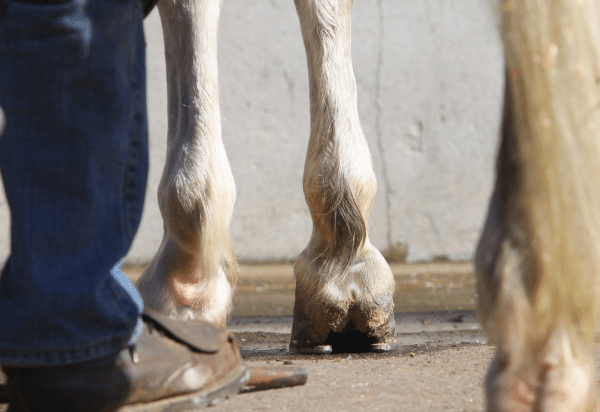Learn when and how to use antibiotics in veterinary ophthalmology. Join Dr Robin Stanley for a case-based webinar on effective, evidence-based eye care.


Learn when and how to use antibiotics in veterinary ophthalmology. Join Dr Robin Stanley for a case-based webinar on effective, evidence-based eye care.

Addison’s disease in dogs (hypoadrenocorticism) can be one of the most challenging diagnoses in small animal practice. Its vague clinical signs and fluctuating symptoms often lead to delayed or missed diagnosis. This free veterinary webinar explores the many faces of Addison’s disease, from the first subtle symptoms to effective long-term management strategies. Whether you’re new to diagnosing Addison’s or looking to refine your emergency approach, this session will build your confidence and clinical clarity.

Join Dr Andy Fiske-Jackson for an in-depth webinar on Hyperinsulinemia-Associated Laminitis (HAL), exploring its foot-level impact, pathophysiology, diagnostic imaging, and management strategies to improve outcomes in horses and ponies. Register today!

Learn how to manage Equine Metabolic Syndrome in 2025 with diet, exercise, and emerging treatments. Discover strategies to prevent insulin-related laminitis.

This session will outline the various diagnostic protocols available for assessing Equine Metabolic Syndrome (EMS) and Insulin Dysregulation (ID) in equine practice. It will provide an overview of the key features, advantages, and limitations of each testing method, with guidance on selecting the most appropriate approach based on the clinical objectives and practical considerations of the veterinary surgeon.

Feline lymphoma remains one of the most common cancers in cats. Join Dr. Catherine Chan in this free CE/CPD webinar to explore the latest updates in diagnosis, treatment, and prognosis. Gain practical guidance for improving quality of life in feline patients and enhancing clinical decision-making in veterinary practice.

This informative webinar offers crucial insights into managing one of the most critical moments in equine care—foaling. John Spencer, an experienced equine vet from Fyrnwy Equine Hospital, guides attendees through the stages of normal foaling, identifying early warning signs of complications, and making timely decisions on when to refer a mare for veterinary intervention. With a focus on maximising foal and mare survival, this session is essential for breeders, owners, and equine professionals seeking to improve outcomes during this high-stakes period.

This talk focuses on assisting clinicians in the everyday practice on the detection and diagnosis of cardiac disease in our companion animals. From the moment they present on your hospital’s doorstep, we will discuss tips and tricks on acquiring a thorough history, performing a complete cardiothoracic physical exam, classifying murmurs and heart sounds, pros/cons of various diagnostics testing etc. Participants should finish the webinar feeling more confident in tackling the next patient that presents with suspected heart disease.